Holistic mental health is a comprehensive approach that integrates physical, emotional, and psychological well-being. Integrative holistic therapy combines conventional medicine with alternative practices like mindfulness, yoga, acupuncture, nutrition counseling, and energy healing to address root causes of mental distress. This method promotes personal growth, enhances resilience, and facilitates lasting improvements in overall mental health by cultivating present-moment awareness, reducing stress, and providing creative emotional outlets. While implementing holistic therapies in mainstream healthcare faces challenges, ongoing education, research, and advocacy are crucial to demonstrating their effectiveness and ensuring accessibility for all individuals seeking support. The future of holistic mental health care looks promising with advancing personalized treatment options, technological innovations, and growing recognition of its benefits.
Discover the transformative power of Integrative Holistic Therapy—a comprehensive approach to mental wellbeing that unifies body, mind, and spirit. This article delves into the foundational principles, diverse techniques, and profound benefits of holistic mental health practices. We explore challenges in implementation and look ahead to future research directions, providing a insightful guide for anyone seeking innovative mental health care solutions. Uncover how integrating these ancient wisdoms with modern practices can lead to lasting mental wellness.
Understanding Holistic Mental Health: A Comprehensive Approach
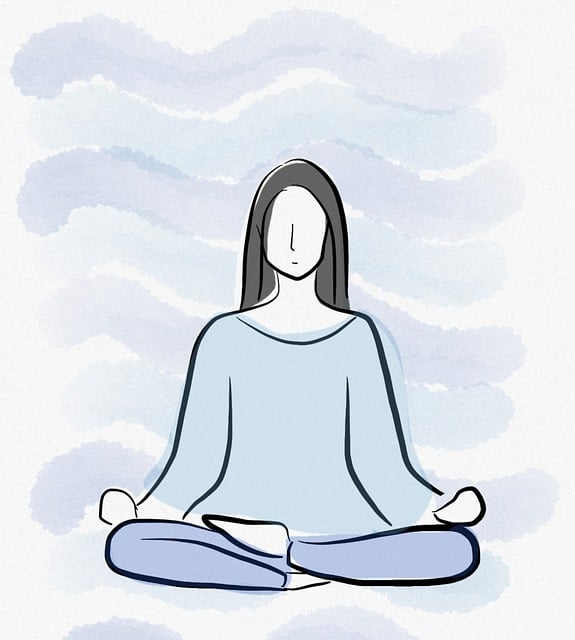
Holistic mental health is an approach that considers the interconnectedness between a person’s physical, emotional, and psychological well-being. It recognizes that mental health issues don’t exist in isolation but are influenced by various aspects of one’s life, including stress levels, relationships, diet, exercise, and environment. This comprehensive approach to mental wellness involves addressing all these factors simultaneously, rather than solely focusing on symptoms or specific disorders.
Integrative holistic therapy, as a part of this broader concept, combines conventional medical practices with alternative and complementary therapies. It aims to restore balance and promote healing by taking into account the unique needs and experiences of each individual. This can include techniques such as mindfulness meditation, yoga, acupuncture, nutrition counseling, and energy healing, among others. By adopting a holistic mental health perspective, individuals are empowered to take a more proactive role in their overall well-being, fostering resilience and a deeper understanding of themselves.
The Principles of Integrative Holistic Therapy
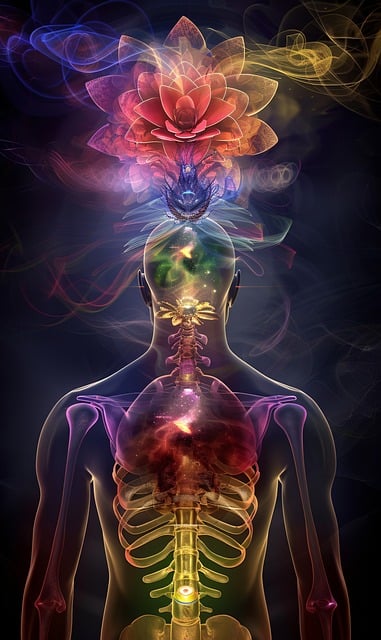
Integrative holistic therapy is grounded in the belief that a person’s physical, emotional, and spiritual well-being are interconnected. It emphasizes the importance of treating the individual as a whole rather than focusing solely on specific symptoms. This approach recognizes that mental health issues often have roots in deeper underlying causes that may not be immediately apparent.
The principles of integrative holistic therapy involve tailoring treatments to each client’s unique needs, incorporating a diverse range of evidence-based practices such as mindfulness, meditation, yoga, nutrition counseling, and energy healing. By addressing the whole person—mind, body, and spirit—this therapy aims to facilitate profound personal growth, enhance resilience, and promote lasting improvements in holistic mental health.
Techniques and Practices in Holistic Mental Wellbeing
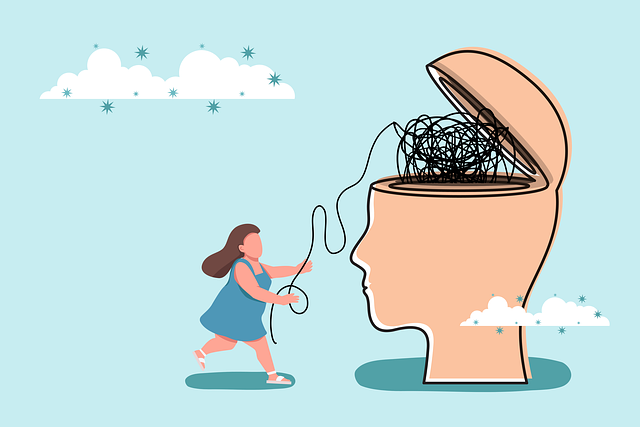
Holistic mental wellbeing embraces a range of techniques and practices designed to integrate mind, body, and spirit for optimal mental health. This includes mindfulness meditation, which helps individuals cultivate present-moment awareness and develop a non-judgmental inner stance. Yoga and tai chi, with their focus on breath control, movement, and relaxation, also play a significant role in promoting mental balance by reducing stress and improving overall well-being.
Other practices such as acupuncture, massage therapy, and herbal remedies are part of the holistic approach. These modalities work synergistically to address physical symptoms that often accompany mental distress. Additionally, expressive arts like painting, music therapy, and writing can provide creative outlets for processing emotions and fostering self-expression. By combining these diverse techniques, holistic mental health approaches aim to treat the whole person, offering a comprehensive and nurturing path to healing and growth.
Benefits of Integrating Body, Mind, and Spirit for Mental Health
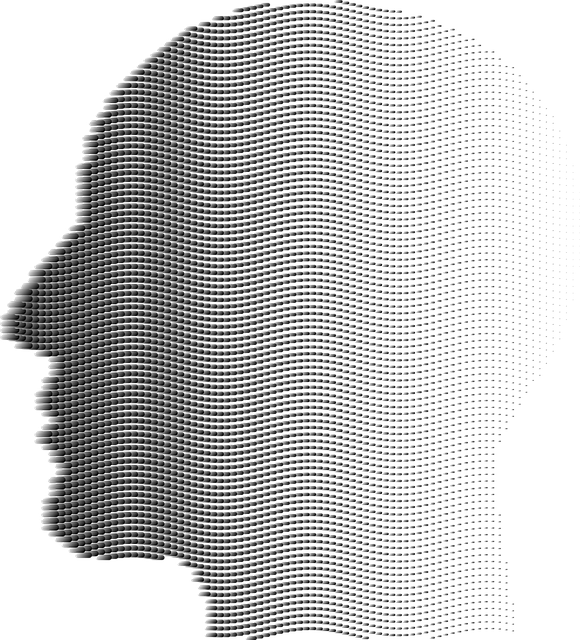
Integrative holistic therapy offers a transformative approach to mental well-being by encompassing the interconnectedness of the body, mind, and spirit. This holistic mental health perspective recognizes that emotional and psychological issues often stem from imbalances or disconnections within these three fundamental aspects of human existence. By integrating various therapeutic modalities, such as mindfulness, yoga, meditation, and energy healing, this approach aims to address the root causes of distress rather than merely treating symptoms.
The benefits are profound; aligning body, mind, and spirit can lead to increased self-awareness, enhanced emotional regulation, improved physical health, and a deeper sense of inner peace. This holistic approach encourages individuals to explore and understand their unique mental health needs, fostering resilience and promoting long-term well-being. It provides a nurturing environment where one can reconnect with themselves, discover personal strengths, and cultivate a more balanced and fulfilling life.
Overcoming Challenges in Implementing Holistic Therapies

Implementing holistic therapies, particularly in the realm of holistic mental health, can be fraught with challenges. One significant hurdle is integrating these practices into mainstream healthcare systems, where traditional medical models often dominate. Healthcare providers and insurance companies may be resistant to adopting holistic approaches due to a lack of understanding or skepticism about their effectiveness. Overcoming this requires ongoing education, research, and advocacy to demonstrate the value and efficacy of holistic therapies.
Another challenge lies in ensuring accessibility and affordability for all individuals seeking holistic mental health support. Holistic treatments, such as acupuncture, meditation, and herbal remedies, can be underinsured or not covered at all by certain healthcare plans. Expanding access to these therapies may involve policy changes, provider training, and partnerships with community organizations dedicated to promoting alternative healing methods. By addressing these challenges head-on, we can foster a more inclusive and comprehensive approach to mental health care that benefits the whole person.
Future Prospects and Research in Holistic Mental Health Care
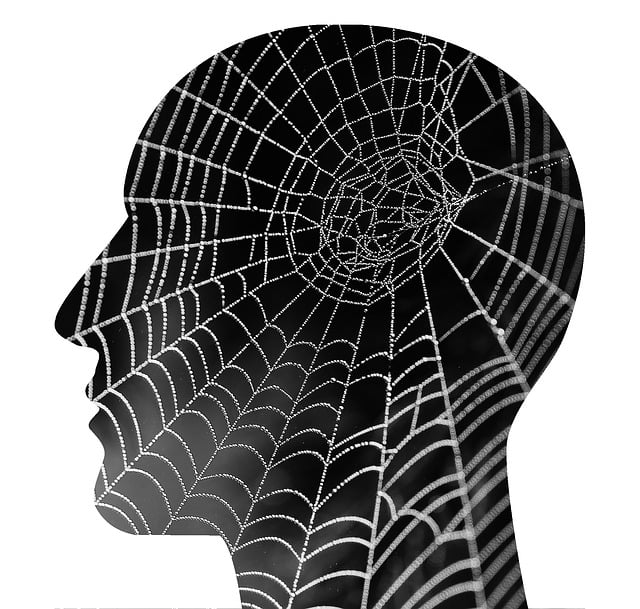
The future of holistic mental health care looks promising, with increasing recognition and research into the benefits of integrative approaches. As the field continues to evolve, we can expect to see more comprehensive and personalized treatment options. Future studies may explore the long-term effects of holistic therapies, their efficacy in treating co-occurring physical and mental conditions, and the optimal integration of conventional medicine with complementary practices.
Technological advancements also hold potential for enhancing holistic mental health care. Digital platforms and mobile applications could provide accessible tools for self-care and monitoring progress, while virtual reality therapy offers innovative ways to address phobias and traumatic experiences. Additionally, ongoing research into neuroplasticity and the mind-body connection may lead to a deeper understanding of how holistic practices can promote resilience and overall well-being.
